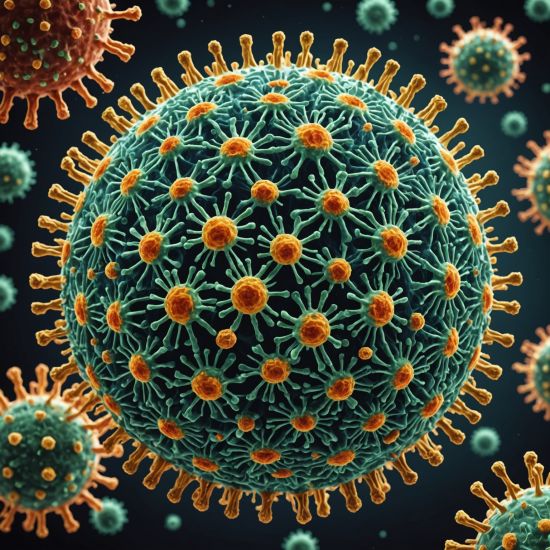Human Metapneumovirus (hMPV): Protecting Your Family

Human metapneumovirus (hMPV) is a common virus causing respiratory illness. It's important to understand how to protect yourself and your family.
TLDR - Human Metapneumovirus and how to protect you and your family from catching it
- hMPV is a common respiratory virus, like the flu.
- Symptoms are similar to a cold or the flu: cough, fever, runny nose.
- Spread through respiratory droplets.
- Prevention: Frequent handwashing, covering coughs and sneezes, avoiding close contact with sick people.
- Treatment: Focuses on managing symptoms; rest, fluids, over-the-counter medications.
- Vaccination: Currently, no specific vaccine exists.
What is Human Metapneumovirus (hMPV)?
hMPV was first discovered in 2001. This article from the CDC provides more details. It's a common virus affecting people of all ages. Infants and young children are most at risk for severe illness. Older adults and people with weakened immune systems can also experience more severe symptoms. hMPV causes respiratory infections. These infections range from mild to severe.
How Does hMPV Spread?
hMPV spreads easily. It spreads through the air. Tiny droplets are released when an infected person coughs or sneezes. These droplets can be inhaled by others nearby. The virus can also spread by touching contaminated surfaces. Then, touching your eyes, nose, or mouth.
hMPV Symptoms
Symptoms of hMPV are similar to other respiratory viruses. Symptoms include a runny nose, cough, fever, and headache. Some people may experience more severe symptoms. These include shortness of breath and wheezing. These symptoms usually start within 3-6 days of exposure.
Misconceptions about hMPV
A common misconception is that hMPV is a new virus. It's been around for a while, but was only recently identified. Another misconception is that there’s a vaccine. Currently, there isn’t a specific hMPV vaccine. However, general healthy habits offer the best defense.
Protecting Yourself and Your Family from hMPV
The best way to protect yourself and your family is through preventative measures. These are the same measures used to prevent other respiratory illnesses. Frequent handwashing is crucial. Cover your coughs and sneezes with your elbow. Avoid close contact with people who are sick. Regular cleaning and disinfecting of frequently touched surfaces are also important. Encourage everyone in your family to get enough sleep and eat a healthy diet. This helps to boost the immune system.
When to Seek Medical Attention
Seek medical attention if you or a family member experiences difficulty breathing, high fever, or worsening symptoms. A healthcare provider can diagnose hMPV and recommend appropriate treatment. Treatment usually involves managing symptoms. This often includes rest, fluids, and over-the-counter medications to relieve fever and discomfort.
The Current State of hMPV Research
Research into hMPV is ongoing. Scientists are working to develop a vaccine. They're also researching better ways to treat and prevent hMPV infections. Staying informed about the latest research is important for better protection. You can check the CDC website for the most up-to-date information.







